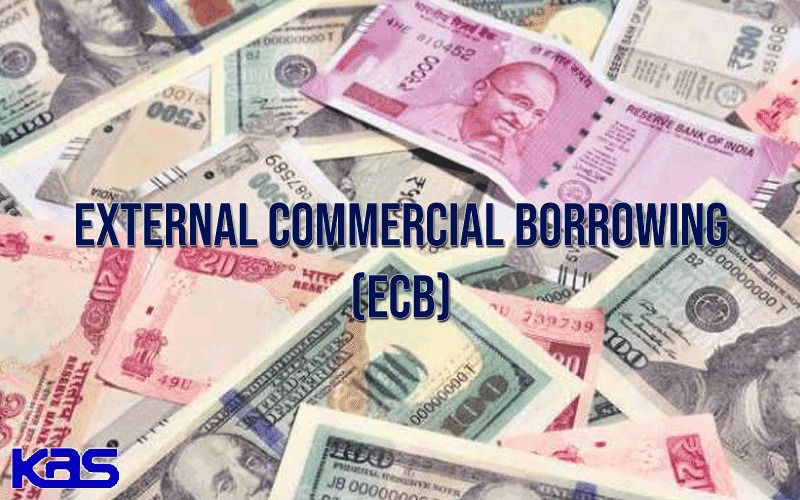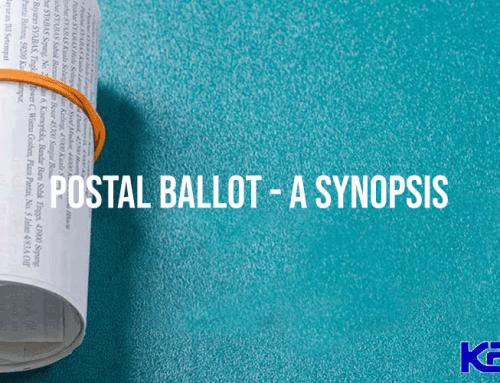The government as an additional source of funds permits ECBs to Indian Corporates for expansion of their existing capacity as well as for fresh investment to augment the resources available domestically.
In the present scenario of globalization and modernization, cross border transactions have become part & parcel of the routine business activity for any corporate entity and External Commercial Borrowing (“ECB”) is one of the common modes for financing such transactions.
In common parlance, the term ECB refers to a Loan from outside India . However, as per the master circular issued by the Reserve Bank of India (RBI) it is defined as:
- Commercial loans in the form of bank loans, buyers’ credit, suppliers’ credit, and securitized instruments (e.g. floating rate notes and fixed rate bonds) availed of from non-resident lenders with certain minimum prescribed average maturity period.
- Foreign Currency Convertible Bonds (FCCBs) i.e. a bond issued by an Indian Company expressed in foreign currency, and the principal and interest in respect of which is payable in foreign currency.
- Preference shares (i.e. non-convertible, optionally convertible or partially convertible)
Routes for raising ECB: – There are two routes under which ECB can be raised:
A. Automatic Route: Following criteria as given under the ECB Guidelinesas per master circular issued by RBI are required to be met simultaneously:
- Borrowing Limit
- Eligible Borrower
- Recognized Lender
- All-in-cost ceiling
- End use
B. Approval Route: – If any of criteria given under automatic route are not fulfilled then you have to follow Approval Route
Professionally led team of Kriti Advisory Services Pvt. Ltd.(KAS) provides Consultancy & Advisory Services for all Government approvals and compliances related to External Commercial Borrowings (ECB) to the Corporate Clients.







Leave A Comment